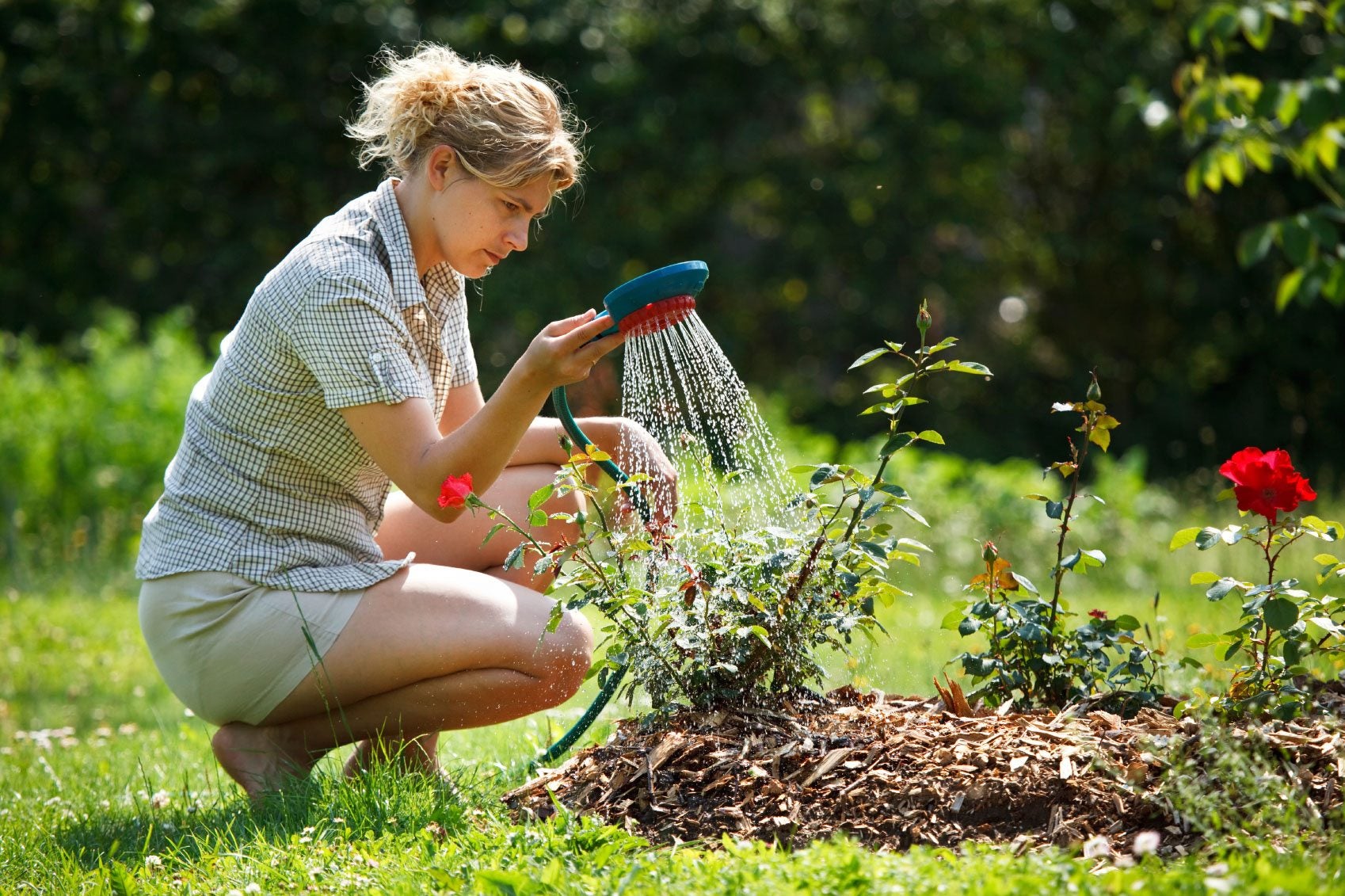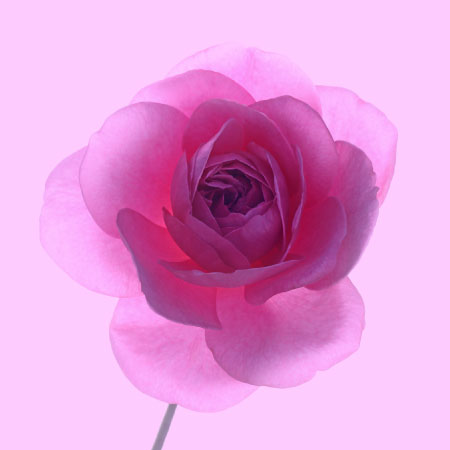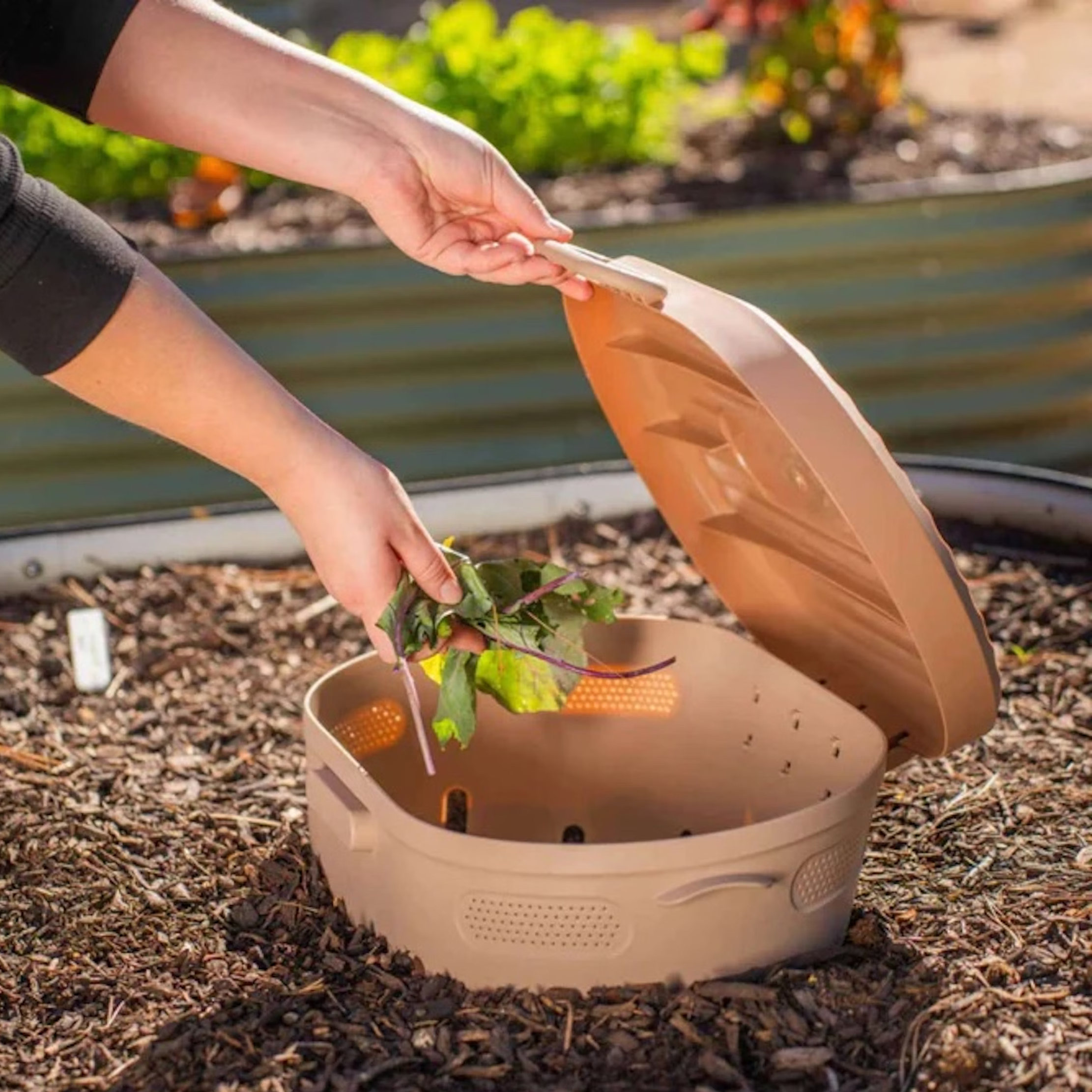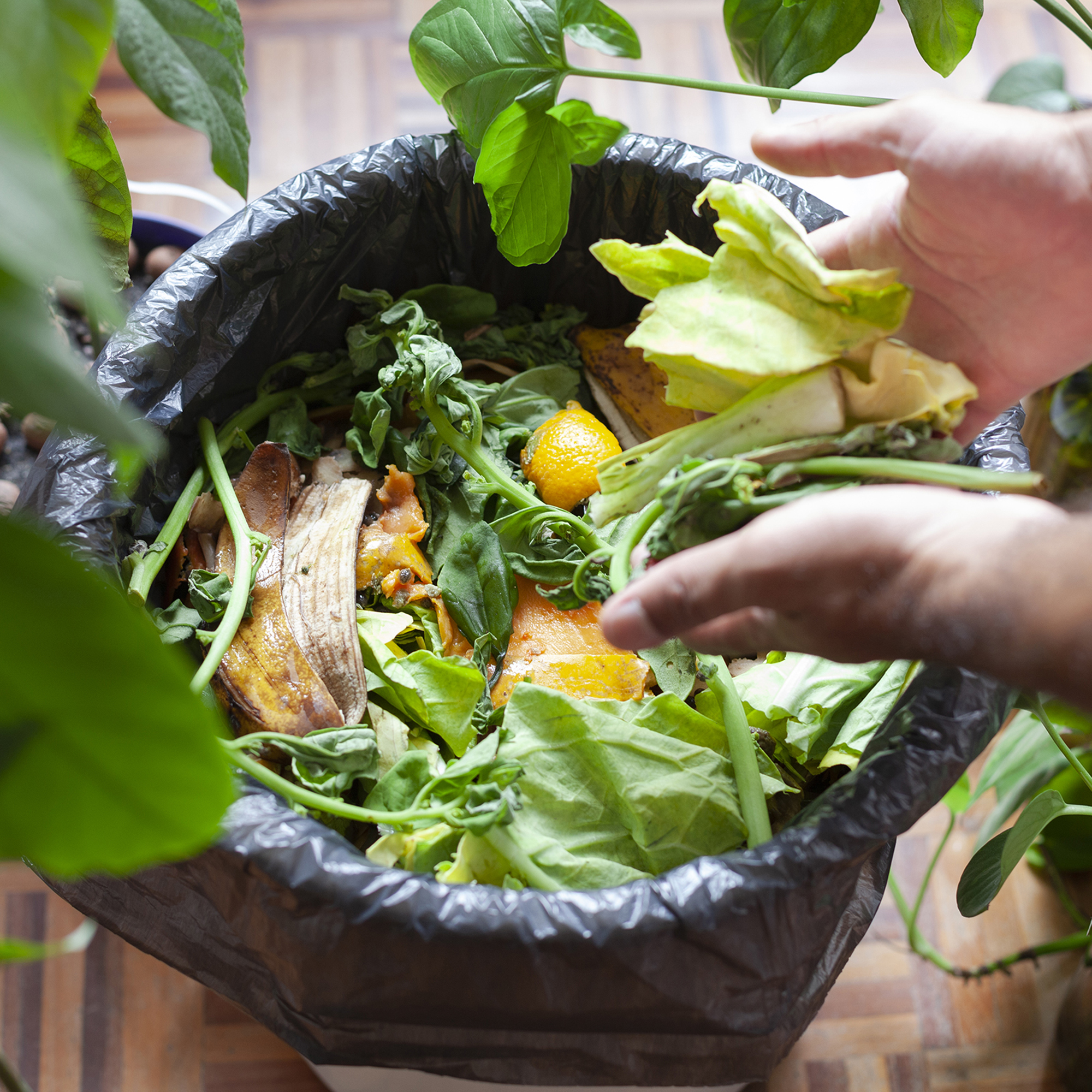How To Water A Rose Plant - Tips For Watering Roses


A very important aspect to growing happy and healthy, disease-resistant roses is watering roses well. In this article, we will take a quick look at watering roses, also known as hydrating rose bushes.
How Often Do I Water a Rose Bush?
Some roses, such as Tuscan Sun (floribunda), will let you know right away when they need a drink. Other roses will tolerate things for a long while and then, seemingly all at once, look sick and droopy. I guess what I mean to say is that different roses have different watering needs. Note how long it takes your rose bush getting droopy and water it slightly more often than it takes for the rose plant to start to droop. The key to the watering roses at the right time appears to be, like many other things in our lives, some good record or time keeping. Making note of the last time the roses were watered on a calendar, and how often your particular rose needs to be watered takes little time and is a great help to our already overloaded memory banks!
How to Water Rose Bushes
Some folks use a deep watering device to water their roses, some have things all set up on automatic watering systems and others, like me, water their roses with a watering wand. All are acceptable methods for watering roses. When I water my roses, I simply fill the “bowls” I have formed around each bush with nicely amended soil until the water starts to puddle a bit. Moving on to the next rose bush all the while looking over each one's foliage and canes for any signs of disease or insect damage. After having watered three or four rose bushes, I go back to the first of the group I just watered, watering it until again a bit of a puddle of water starts for the second time. This is completed for each rose bush. By allowing the first watering to soak in well before the second amount of water is applied, the water is going deeply into the soil around each rose bush. A few key items to consider in the area of watering or keeping our roses watered are:
- Be sure your rose bushes are well watered/hydrated before the application of any pesticide.
- When the temperatures are in the 90s to 100s (32-37 C.), keep a close eye on watering your roses. It takes no time at all for heat stress to set in. Watering daily may be in order.
- Watering your rose bushes by hand in some manner gives you a golden opportunity to look over each one well. Finding an insect, fungus, or other problem early is priceless when gaining control over the problem.
- Mulch around your roses to help hold in the very important soil moisture.
- Do not forget to give your rose bushes a little water during the winter months, especially when the snowfall or rain has been little to non-existent.
- If the weather in your area has been dry plus windy, it is critical to water your roses and keep a very close eye on the soil moisture level! The soil moisture that is there will be quickly drawn up and out by the winds.
Gardening tips, videos, info and more delivered right to your inbox!
Sign up for the Gardening Know How newsletter today and receive a free copy of our e-book "How to Grow Delicious Tomatoes".

Stan V. Griep contributed to Gardening Know How for many years, and has been a Colorado Native Rosarian for over four decades. He is an American Rose Society Certified Consulting Master Rosarian in the Rocky Mountain District, and a member of the Denver Rose Society, the Loveland Rose Society, and the American Rose Society. He is Gardening Know How's in-house expert on all things roses.
-
 Try The Trend – Turn Any Bed Into A Keyhole Garden With This Clever In-Ground Composter
Try The Trend – Turn Any Bed Into A Keyhole Garden With This Clever In-Ground ComposterKeyhole gardening is an efficient and sustainable practice that saves space. Get started on this DIY project quickly and easily with an in-ground composter.
By Bonnie L. Grant
-
 4 Superfast Composting Methods: Turn Waste Into Garden Gold In 30 Days Or Less
4 Superfast Composting Methods: Turn Waste Into Garden Gold In 30 Days Or LessTry the fastest composting methods to turbocharge your pile and transform kitchen scraps and garden waste into finished compost in just a few weeks.
By Mary Ellen Ellis